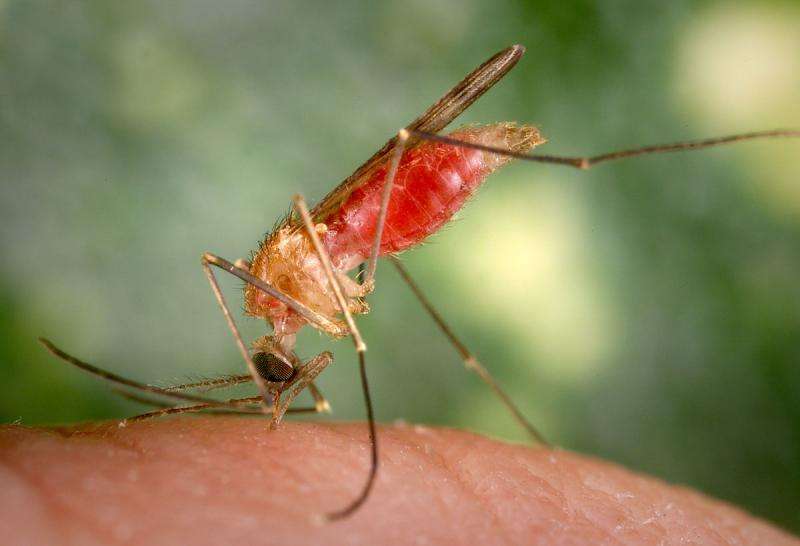This article has been reviewed according to Science X's editorial process and policies. Editors have highlighted the following attributes while ensuring the content's credibility:
fact-checked
trusted source
proofread
Researchers support increased genomic sequencing of dengue for more effective prevention

Dengue is a disease characterized by fever, rash, headache, myalgia, and arthralgia, with a risk for complications due to endothelial dysfunction and hemorrhage. Most common in countries in Central and South America, Southeast Asia, and Africa, travel-related cases of dengue are frequently spread to the United States and occasionally spark local transmission.
Caused by the mosquito-borne dengue virus (DENV), complicated dengue and dengue-related deaths are fortunately relatively rare in travelers. However, it puts a large strain on health care systems in areas where it is endemic. In Brazil, for example, several states have declared a public health emergency.
The increasing geographic distribution of dengue is largely attributed to the expanding range and increased vector efficiency of Aedes species mosquitoes due to urbanization, climate change, and changing rainfall patterns associated with El Niño and spread through increased international travel.
Researchers including David Hamer, MD, a Boston University faculty member with appointments in the Center on Emerging Infectious Diseases (CEID), School of Public Health (SPH), and Chobanian & Avedisian School of Medicine co-authored an Ideas and Opinions article, "Resurgence of Dengue in the Era of Genomic Surveillance and Vaccines" published in Annals of Internal Medicine this month.
Their article posits that "molecular epidemiologic data from whole-genome sequencing [of dengue serotypes] could enhance dengue outbreak preparedness."
In our increasingly globalized world, disease strains spread more easily from continent to continent. Tracing the lineage of specific genotypes of dengue allows researchers to better understand how genetic diversity affects transmission dynamics, virulence, and immune protection by vaccination.
Administration of current vaccines protecting against dengue are dependent on serotype of a patient's existing antibodies. By better understanding the variations in DENV genotypes, scientists hope to be able to develop vaccines that would not require patients to be pre-screened for serotypes. The goal of this is to allow for broader, more efficient vaccination campaigns against this global disease.
More information: Ralph Huits et al, Resurgence of Dengue in the Era of Genomic Surveillance and Vaccines, Annals of Internal Medicine (2024). DOI: 10.7326/M24-0496

















